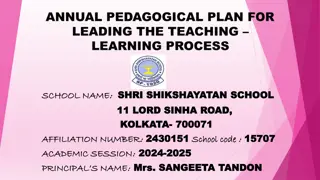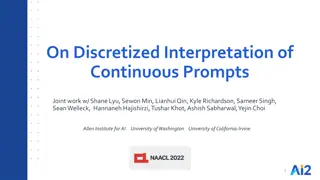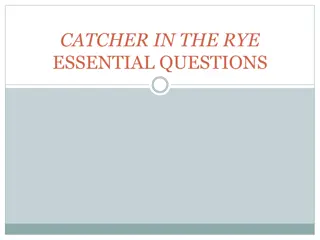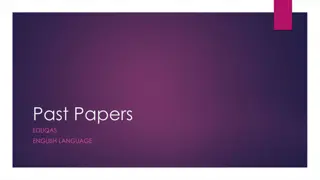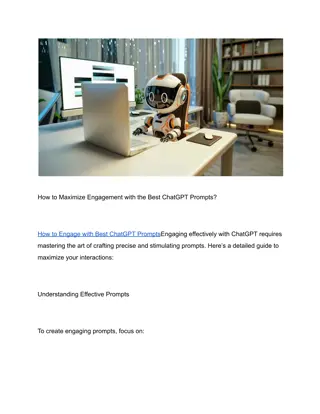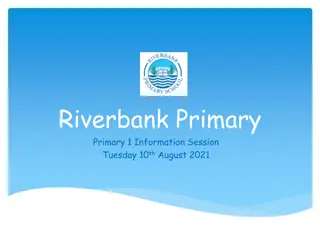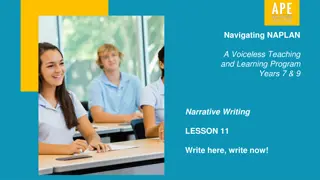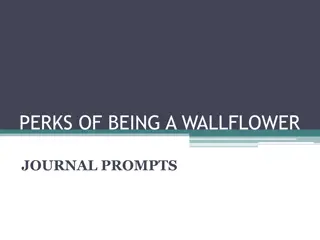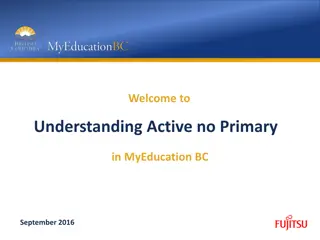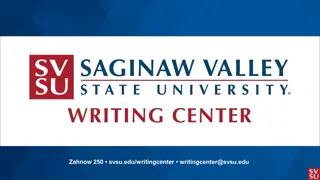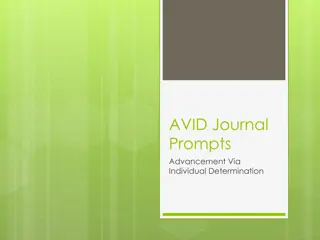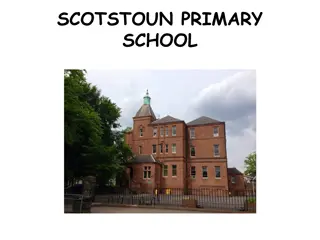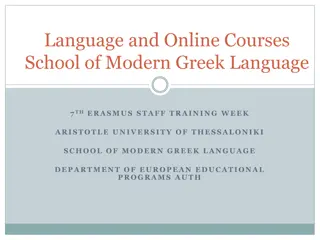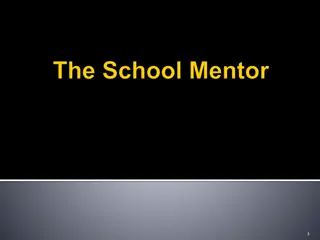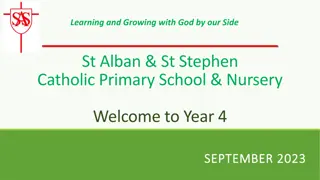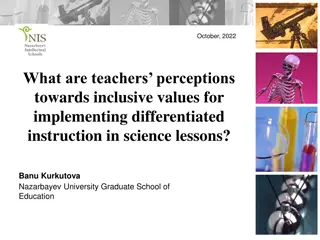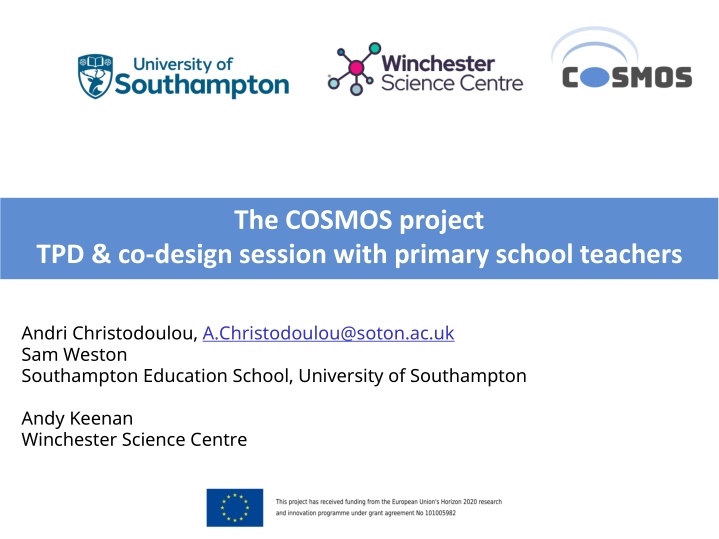
Enhancing Learning Through Scientific Inquiry in Primary Education
Explore the integration of scientific inquiry in primary education, focusing on community learning, dimensions of science education, and problem-solving through inquiry-based methods.
Download Presentation

Please find below an Image/Link to download the presentation.
The content on the website is provided AS IS for your information and personal use only. It may not be sold, licensed, or shared on other websites without obtaining consent from the author. If you encounter any issues during the download, it is possible that the publisher has removed the file from their server.
You are allowed to download the files provided on this website for personal or commercial use, subject to the condition that they are used lawfully. All files are the property of their respective owners.
The content on the website is provided AS IS for your information and personal use only. It may not be sold, licensed, or shared on other websites without obtaining consent from the author.
E N D
Presentation Transcript
The COSMOS project TPD & co-design session with primary school teachers Andri Christodoulou, A.Christodoulou@soton.ac.uk Sam Weston Southampton Education School, University of Southampton Andy Keenan Winchester Science Centre
Include here the completed openness wheel from TPD1 The dimensions to focus on are:
What does learning as a community mean to you? (TPD1) Theme 1 Theme 2 Theme 4 Theme 3 Add to this slide themes from TPD1 discussion on learning as a community
Science education at Primary School [x]: What do you consider important dimensions of learning science? Theme 2 Theme 2 Theme 3 Theme Theme 4 Add to this slide themes from TPD2 discussion on science learning dimensions
The problem should require a solution/taking action Raise the need to know by identifying a problem/issue with children Ask questions that have a scientific, social and personal dimension to them Taking action informed by learning process FIND OUT
First step: ASK Ask questions that have a scientific, social and personal dimension to them Raise the need to know by identifying a problem/issue with children To achieve this We need to understand the issue and what it entails How? Map the Controversy of the issue
What we mean by inquiry in SSIBL Social inquiry Personal inquiry (own values and beliefs) (identifying multiple perspectives, values, approaches) Scientific inquiry What do I feel/think about the issue and what should be done about it? What do I know about the issue? What do I understand about the science of it? What science do I need to know? What do others think? What are the various arguments for/against the issue? What factors influence decisions made (economic, values, ethical, moral)? FIND OUT 7
Step 2: FIND OUT Use this handout to plan the three types of inquiry to use
Step 3: Act Involve the Community of Practice members in this process Developing a plan for addressing the issue making something (e.g. healthy drinks, a school vegetable plot, a butterfly garden, a poster encouraging fellow students to walk to school rather than drive a pamphlet suggesting ways to address the issue); Communicating/advocating for change writing to an MP; generating a petition; Providing information, such as you tube clips or pamphlets, to support improving personal actions Act: Children formulate and take appropriate action as a result of their learning that helps to enact change
Action competence (Sass et al., 2020) WHAT WE KNOW Do we have the knowledge and skills to take action? Do we know what actions are possible? WHAT WE FEEL Are we willing to take action? Are we committed and passionate about the issues we are working on? HOW MUCH WE BELIEVE IN OURSELVES Do we have confidence in our own skills and abilities to act? Do we have confidence in our own ability to influence others/achieve change? Sass, W., Boeve-de Pauw, J., Olsson, D., Gericke, N., De Maeyer, S., & Van Petegem, P. (2020). Redefining action competence: The case of sustainable development. The Journal of Environmental Education, 51(4), 292-305, https://doi.org/10.1080/00958964.2020.1765132


